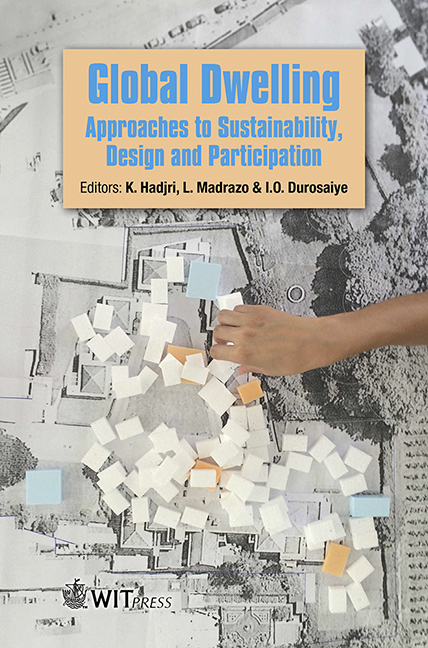Design Principles Of Hybrid Spaces In Terms Of Urban Planning Regeneration
Price
Free (open access)
Transaction
Volume
193
Pages
12
Page Range
89 - 100
Published
2020
Size
346 kb
Paper DOI
10.2495/GD170081
Copyright
WIT Press
Author(s)
E. Krasilnikova, D. Klimov
Abstract
Urban planning regeneration is a viable mechanism contributing to the further development of the urban tissue in terms of complex reconstruction of the existing city space-planning structure. Modern urban planning theory and practice are characterized by an integral approach to city development in terms of an intensification of globalization processes amid the global economic crisis. Ellin [1] and Zanni [2] highlighted the relevance, urgency and social and economic importance of the development of hybrid spaces in the urban tissue of modern cities. It can be explained by the fact that hybrid spaces are multifunctional architectural and landscape complexes, designed by applying the landscape urbanism approach and having a spatial connectivity with adjacent areas. Hybrid spaces are very important for the economy of a city, as they are development drivers to the cutting edge of spatial, social and public changes. This research is aimed at defining modern academic and research design principles of hybrid spaces in terms of urban planning regeneration. The article focuses on the principles of hybrid urban space design in the context of landscape urbanism such as the integration of dwelling areas and public spaces through green infrastructure.
Keywords
urban hybridization, integral urbanism, landscape urbanism, hybrid spaces





